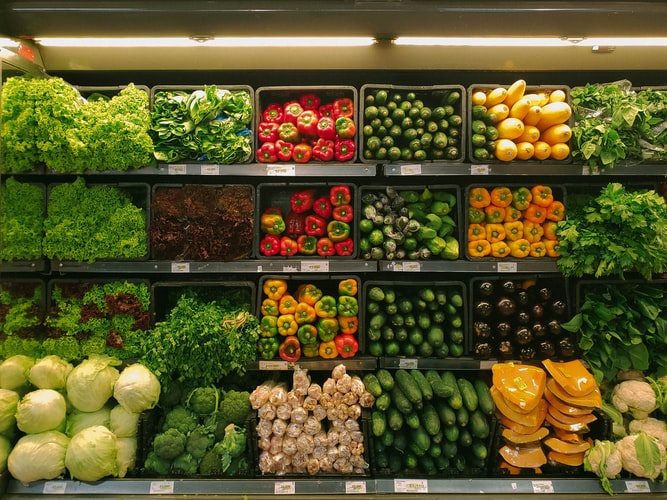How to Cut Your Food Bills
If you’re trying to save money, how about cutting your food bills? There are numerous ways to do this. Here are some simple ones for starters.
Make your own meals
Buy ingredients and cook your own meals, rather than incurring unnecessary expenses with ready-made ones. With careful selection and economical cooking methods, a substantial, tasty and well-balanced meal can be made cheaply. If you don’t enjoy cooking, use a simple recipe and lighten the chore with some music.
Make your own sweets and treats
Baking cakes and cookies can be quick and easy, and much cheaper than buying them. If sweet snacks are a must for you, invest in big packs of cheap-brand flour, sugar, eggs, and cocoa or other flavorings. Look up a simple recipe and start mixing.
Focus on vegetables
You can make a good meal with fresh vegetables and dried beans and pulses, all of which tend to be cheaper than meat. C heck vegetable prices before buying, as they vary widely and fluctuate with the seasons. Invest in resealable flavoring packages such as tomato paste, stock cubes, curry powder, yeast extract and gravy granules. Some pasta, rice, or noodles will provide a filling base, and a little grated cheese will add richness.
Don’t waste food
Take care when calculating how much food to prepare. Save leftovers for use in the next meal, or freeze them.
Keep food fresh
Keep as much as possible of your perishable food in the fridge. Most fruits and vegetables don’t need to be kept cool but may last longer if they are. Opened jars of preserves such as pickle or marmalade will also last longer if refrigerated.
Avoid expensive drinks
For regular consumption, invest in bulk packs of tea, coffee, or whatever your favorite water-based beverage may be. Save costly alternatives, such as fruit juices and fizzy drinks, for treats.
Choose cheap brands
Low-cost brands are not necessarily inferior to dearer ones. Higher prices may just reflect fancy packaging. Buying in bulk is often cheaper for everyday or long-life items, but compare prices before choosing. Take advantage of discounts, but don’t buy items just because they are reduced.
Take a packed lunch to work
Making a sandwich only takes a few minutes and is much cheaper than buying a ready-made lunch. If the sight of colleagues tucking into take-always makes you drool, treat yourself to one at the end of the week.
Shop with a list
Write a list before you shop and keep to it. Remember that your finances must come before your cream cake.
Avoid snacking when out
Snacks are expensive. If you anticipate needing a little something while out, take one of your homemade cookies.
Avoid eating out
Eating out can be a cash-drainer, so save this extravagance for a special event. If dining with a party, pay separately for your meal to avoid having to contribute toward extra dishes that you did not order or share.
Don’t be too generous a host
Playing host to your friends is fun, but there’s no need to go over the top with refreshments. Invite contributions, or warn guests that there will only be nibbles.
Cut back on fuel bills
Avoid travel expenses by ordering a supermarket delivery, or walking or cycling to the shops. You can also save fuel as you cook. Throw everything into one pan on one ring and simmer on a low heat, lid on. Avoid using the oven, which is costly, or microwave items first and pop them into a briefly warmed oven for a crisp-up before serving.
Now check your balance!
If you follow these practical steps, taking similar care in other spending areas, your bank balance will soon look healthier. For your final step, make cost-effective catering a habit, and reap the benefits forever.
Story credit to [email protected]
Photo credit to NRD/Unsplash.



































